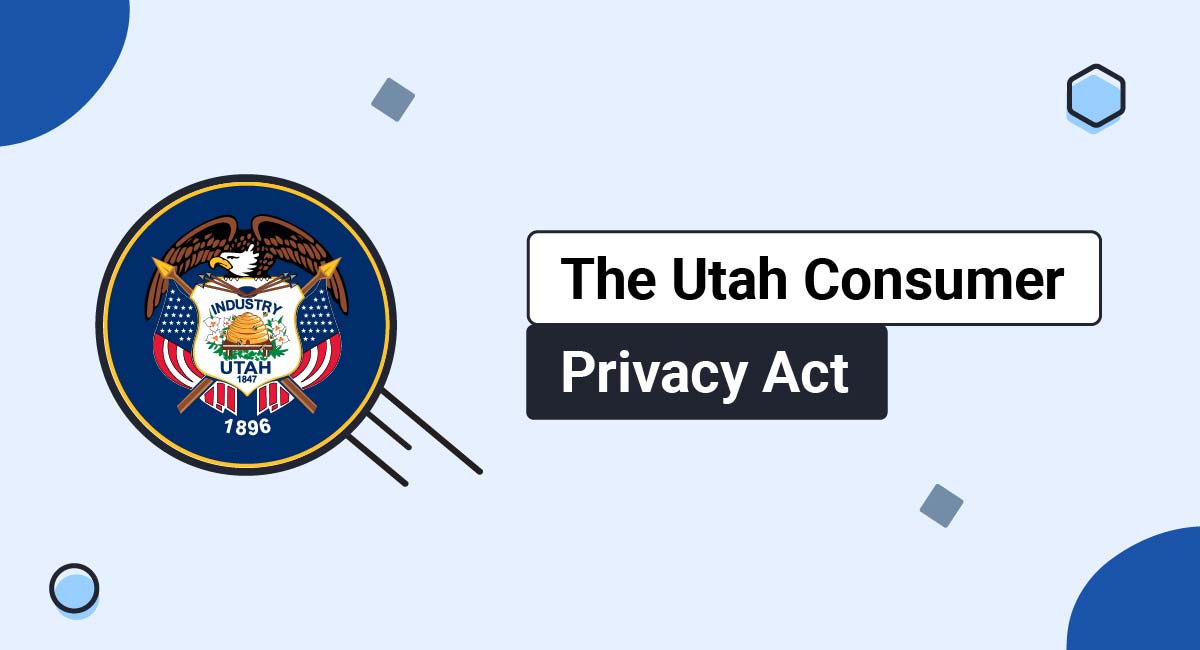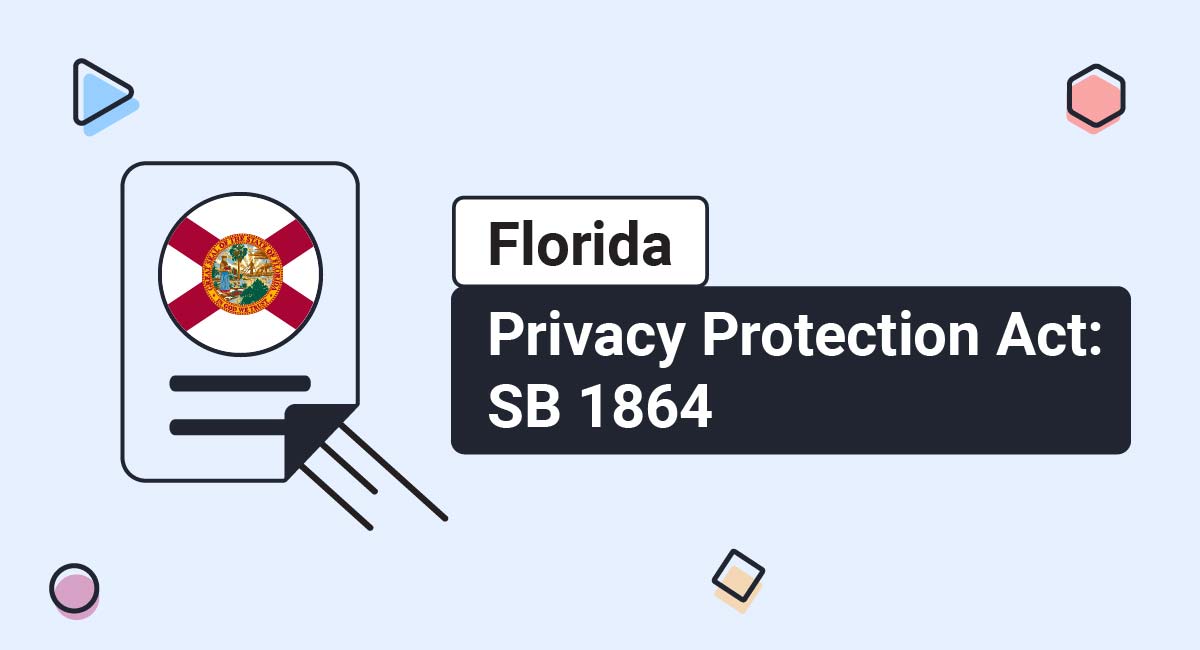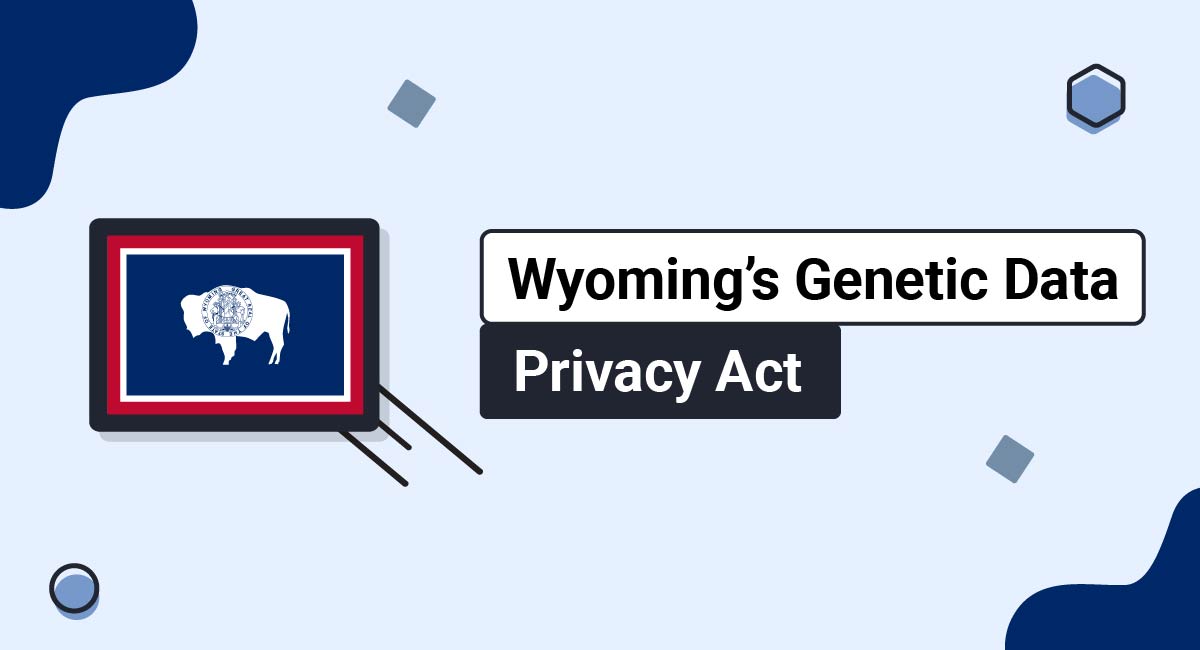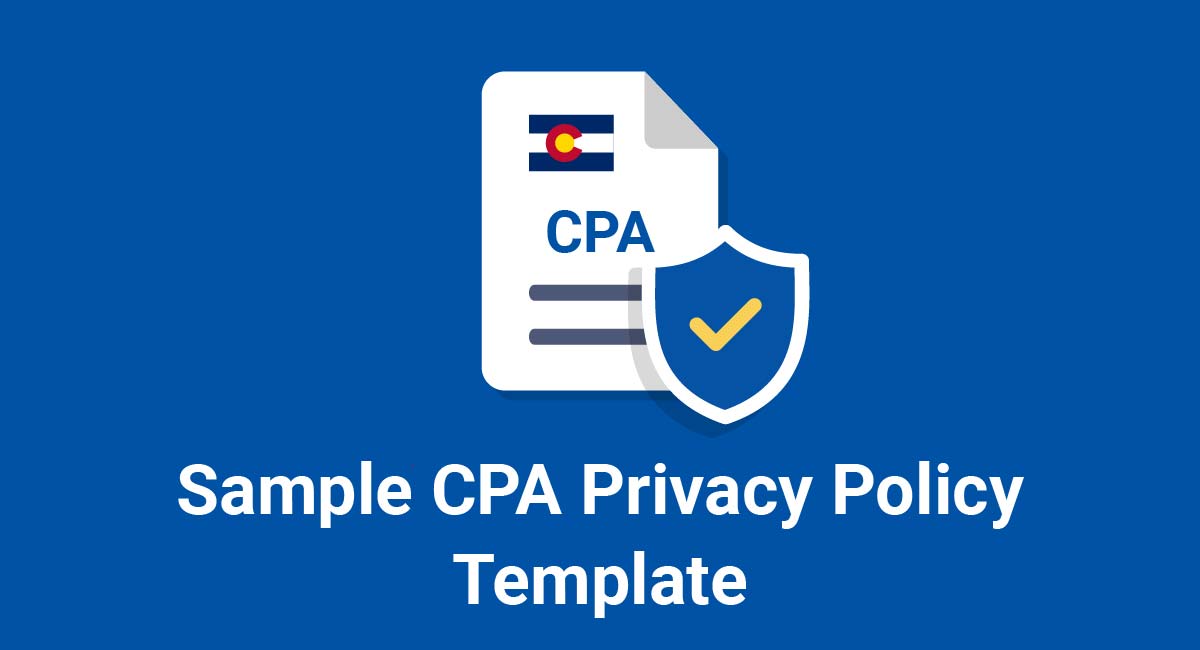Blog: US Privacy Laws
Page 6
Navigate
-
EULA Agreements
-
Cookies Policy Agreements
-
Disclaimer Agreements
-
Privacy Policy Agreements
-
US Privacy Laws
-
Return Policy Agreements
-
Legal Requirements
-
EU Privacy Laws
-
Terms & Conditions Agreements
-
How to
-
Asia Privacy Laws
-
CA Privacy Laws
-
Consent
-
Templates
-
Consumer Privacy
-
AU Privacy Laws
-
LatAm Privacy Laws
-
Clauses
The Utah Consumer Privacy Act
The Utah Consumer Privacy Act (UCPA) was signed into law by Governor Spencer Cox on March 24th, 2022, joining a growing list of U.S. states with comprehensive consumer privacy laws. California, Colorado, and Virginia have all passed similar privacy laws, and several other states are in the process of passing privacy...
Florida Privacy Protection Act: SB 1864
Note: SB 1864 did not pass and is considered a dead bill as of March of 2022. On January 7, 2022, Senator Jennifer Bradley filed the Florida Privacy Protection Act (SB 1864) in Florida. The purpose of the legislation is to recognize that privacy is a crucial right for all consumers...
Wyoming's Genetic Data Privacy Act
Wyoming's Genetic Data Privacy Act was signed into law by Governor Mark Gordon on March 8th, 2022, and goes into effect on July 1st, 2022. This act was passed to help protect genetic data as it can be used to identify individuals and their family members and can contain their...
CPA Privacy Policy Template
The Colorado Privacy Act (CPA) will become effective from July 1, 2023. If you do business in Colorado or target its residents to sell products or offer services, you may need to start actively taking steps to comply with the state's privacy act. One very important obligation the CPA imposes on businesses...
Do I Need to Comply with Virginia VCDPA
The Virginia Consumer Data Protection Act (VCDPA) gives residents of the Virginia Commonwealth control over how companies collect and process their personal data. As a comprehensive data privacy legislation, the VCDPA serves to empower the residents of Virginia with regard to the sale or processing of their personal data. Moreover,...
Colorado Privacy Act
The Colorado Privacy Act (CPA) is a comprehensive data privacy framework signed into law on July 8, 2021, and set to take effect on July 1, 2023. The legislation generally aims to protect the privacy of Colorado's residents by imposing certain responsibilities on companies that collect or process their personal data. Following...





